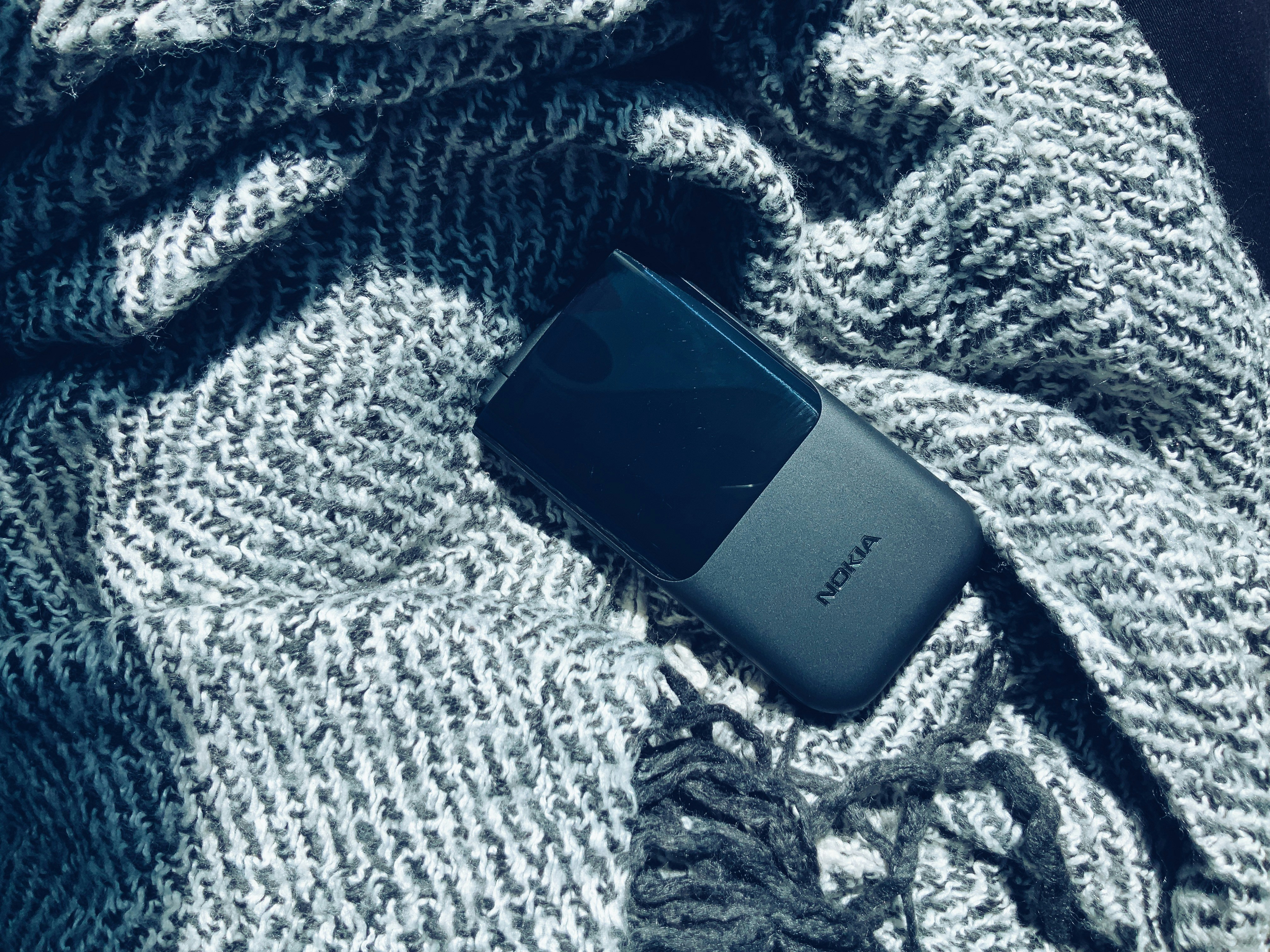Roberts struck an ambivalent tone in his 13-page report. He mentioned AI had the potential to extend entry to justice for indigent litigants, revolutionise authorized analysis and help courts in resolving instances extra rapidly and cheaply whereas additionally pointing to privateness considerations and the present expertise’s incapability to copy human discretion.
Elevate Your Tech Prowess with Excessive-Worth Talent Programs
| Providing Faculty | Course | Web site |
|---|---|---|
| MIT | MIT Expertise Management and Innovation | Go to |
| IIM Kozhikode | IIMK Senior Administration Programme | Go to |
| IIM Lucknow | IIML Government Programme in FinTech, Banking & Utilized Danger Administration | Go to |
“I predict that human judges might be round for some time,” Roberts wrote. “However with equal confidence I predict that judicial work – significantly on the trial stage – might be considerably affected by AI.”
The chief justice’s commentary is his most important dialogue so far of the affect of AI on the legislation, and coincides with a lot of decrease courts contending with how finest to adapt to a brand new expertise able to passing the bar examination but in addition liable to producing fictitious content material, generally known as “hallucinations.”
Roberts emphasised that “any use of AI requires warning and humility.” He talked about an occasion the place AI hallucinations had led legal professionals to quote non-existent instances in court docket papers, which the chief justice mentioned is “all the time a foul concept.” Roberts didn’t elaborate past saying the phenomenon “made headlines this yr.”
Final week, as an illustration, Michael Cohen, Donald Trump’s former fixer and lawyer, mentioned in court docket papers unsealed final week that he mistakenly gave his legal professional pretend case citations generated by an AI program that made their means into an official court docket submitting. Different cases of legal professionals together with AI-hallucinated instances in authorized briefs have additionally been documented.
Uncover the tales of your curiosity

A federal appeals court docket in New Orleans final moth drew headlines by unveiling what seemed to be the primary proposed rule by any of the 13 U.S. appeals courts aimed toward regulating the usage of generative AI instruments like OpenAI’s ChatGPT by legal professionals showing earlier than it. The proposed rule by the fifth US Circuit Court docket of Appeals would require legal professionals to certify that they both didn’t depend on synthetic intelligence packages to draft briefs or that people reviewed the accuracy of any textual content generated by AI of their court docket filings.
